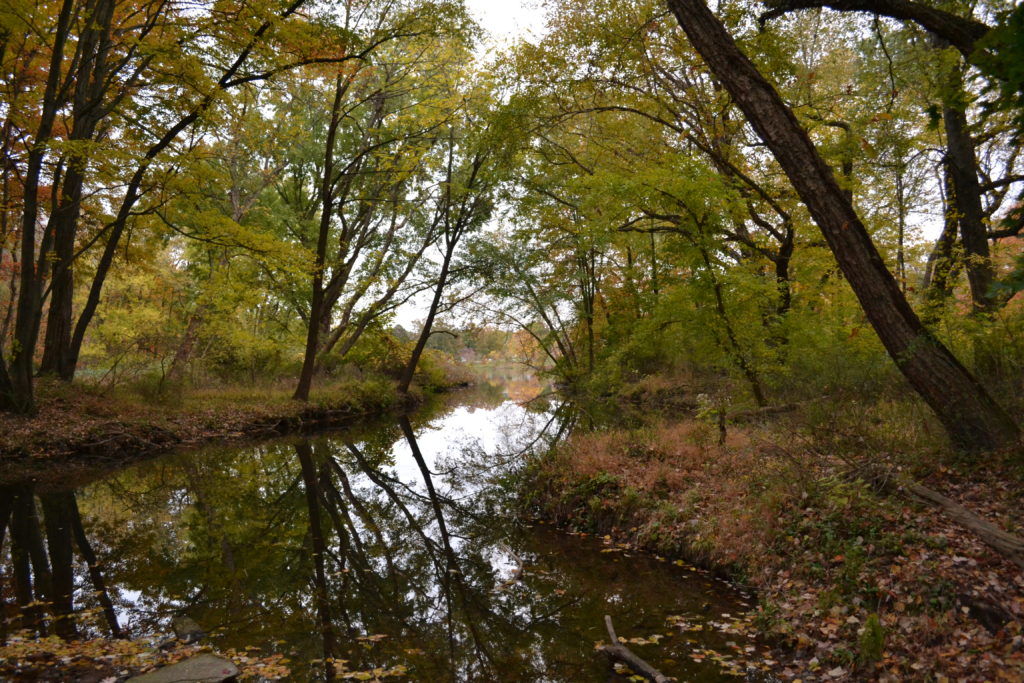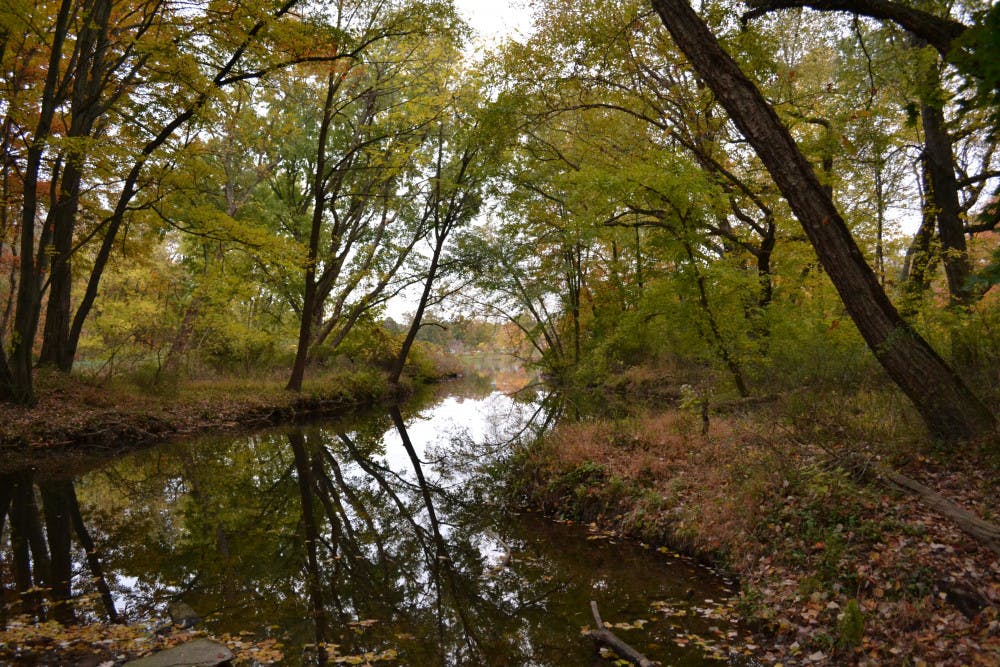By Thomas Infante
Arts & Entertainment Editor
It was common to see people outside in shorts and T-shirts last month, as it happened to be the second warmest February in U.S. history, according to the National Oceanic and Atmospheric Administration.
The unseasonably warm weather brought joy to some and panic to others.
“It’s definitely not natural,” said Horacio Hernandez, a member of the Environmental Club and a junior sociology major. “I never remember it being that warm in the winter when I was a kid, which wasn’t that long ago.”
February’s higher-than-average-temperature correlates with a larger global pattern of climate change. Last year was the hottest year on record — the third consecutive year to break the yearly temperature record, according to NASA and NOAA.
With two minors and the Environmental Club, there are a few ways students can become more environmentally conscious.
“We want our activities to help others understand what sustainability really means and entails,” said Liz Eisenhauer, Environmental Club president and a senior statistics major.
“Whether or not you feel it’s important to help depends on how much you care about the future,” Eisenhauer added. “It often feels like environmental concerns get sidelined by the media and the general public.”
While the club’s members are working to keep Earth sustainable, not all students see it as a priority.
“I think environmental conservation is important, and I think most people would agree,” said Joey Stambouly, a freshman economics major. “The climate is definitely changing and it’s unsettling to an extent.”
Although Stambouly considers issues related to conservation important, he makes “no effort” to help conserve.
“I don’t do it because I live in a first world country and I don’t have to,” Stambouly said. “Maybe I would do things differently if I was in Africa, but I don’t live in Africa.”
For those who do want to get involved, the Environmental Club organizes events to help on both a local and national scale. Throughout Earth Week, the week before Earth Day on April 22, the club coordinates many activities for students on campus.
The club is also organizing its first trip to Washington D.C. on April 29 for the People’s Climate March.
“Many issues related to the environment are related to other large socio-economic issues,” said Ridwan Khan, a member of the Environmental Club and a sophomore biology major. “This stuff is relevant to everyone.”
The club also puts together stream walks, during which the club tours through the streams that stem from the lakes on campus.

“We conduct an ecological investigation of the streams,” Hernandez said. “We check for debris and pollution, as well as the health of the water. People don’t tend to think of the streams as important, but there is a cascade effect of pollution once it reaches a larger body of water, such as our lakes.”
In terms of what the average person can do to help on a regular basis, members of the club offered simple tips, such as turning off lights after leaving a room and properly recycling.
“I joined the club after asking myself ‘What can I do from where I am?’” Hernandez said.
While the College used to have an interdisciplinary concentration in environmental studies, the minor was implemented in the Fall 2015 semester.
The environmental studies minor aims to educate students about the environment from a scientific and technological standpoint, as well as provide social and historical context to common environmental issues, according to Bates.
“We’re trained to think of environmental change as purely biological, but it isn’t,” Bates said. “So, many people don’t understand why people don’t care or pay attention to these problems, especially scientists who are angry that public policy doesn’t reflect the findings of their data.”
For all the cynicism that surrounds these issues, Bates focuses on the progress made so far and is confident that more is to come.
“Individual actions help, but the biggest environmental harms are structural and institutional problems of overusing resources,” Bates said. “Everyone gets depressed about the environment, but the EPA has only existed since 1970. We’ve come so far in a relatively short time.”
Bates hopes that future generations of students will realize the importance of preserving the environment and start to engage in discussion of what can be done to help.
“People need to see beyond basic decisions like whether or not to buy a hybrid car,” Bates said. “You can’t buy your way out of this situation.”
Bates is hopeful for the future, but said the Trump administration has been “in complete denial” about the environmental impact of America’s business interests.
“We have the luxury of choosing whether or not to take action,” Bates said. “By not acting now, we are inadvertently making that decision for future generations to come who will be forced to do something about it.”
Lauren Madden, an assistant professor of education and the coordinator of the environmental sustainability education minor, agreed with Bates about how environmentalism is more than just a matter of science.
“It’s odd that it is a political issue in the U.S.,” Madden said. “In most countries, people generally agree with their scientists, but here it is marginalized for other issues. If you really want to make a difference, call your elected official to voice your opinion about these matters.”
The environmental sustainability education minor is a five-course program designed to help education majors teach ecological issues in a classroom setting, according to a pamphlet about the minor.
Several faculty members in the School of Education decided there should be a program to help future teachers learn about environmental sustainability, and, thus, the minor was launched in the Spring 2015 semester, according to Madden.
“Americans are wasteful,” Madden said. “We only have one planet. Understanding how to care for it is critical to our survival.”
There are currently 12 students enrolled in the minor and four who have completed it since spring 2015, according to Madden.
Madden is concerned about the future.
“We can expect to see more rapid changes in coming years,” Madden said. “Sea levels are rising continuously, but it’s possible that change will be imperceptible over time. We can’t predict how Earth will react and recover to the damage humans do to it.”
These complex effects are hitting close to home.
“They tested the water and air of Trenton and found higher-than-average levels of pollution,” Madden said. “In this case, environment and economy are intertwined because of the socioeconomic situation of Trenton.”
Despite this, Madden expressed hope in the next generation of students to make progress in the field.
“So long as the EPA exists, we might continue to do good,” Madden said. “It’s simple to just list everything that’s wrong — we have the capacity to innovate in this field like no one ever has before.”







